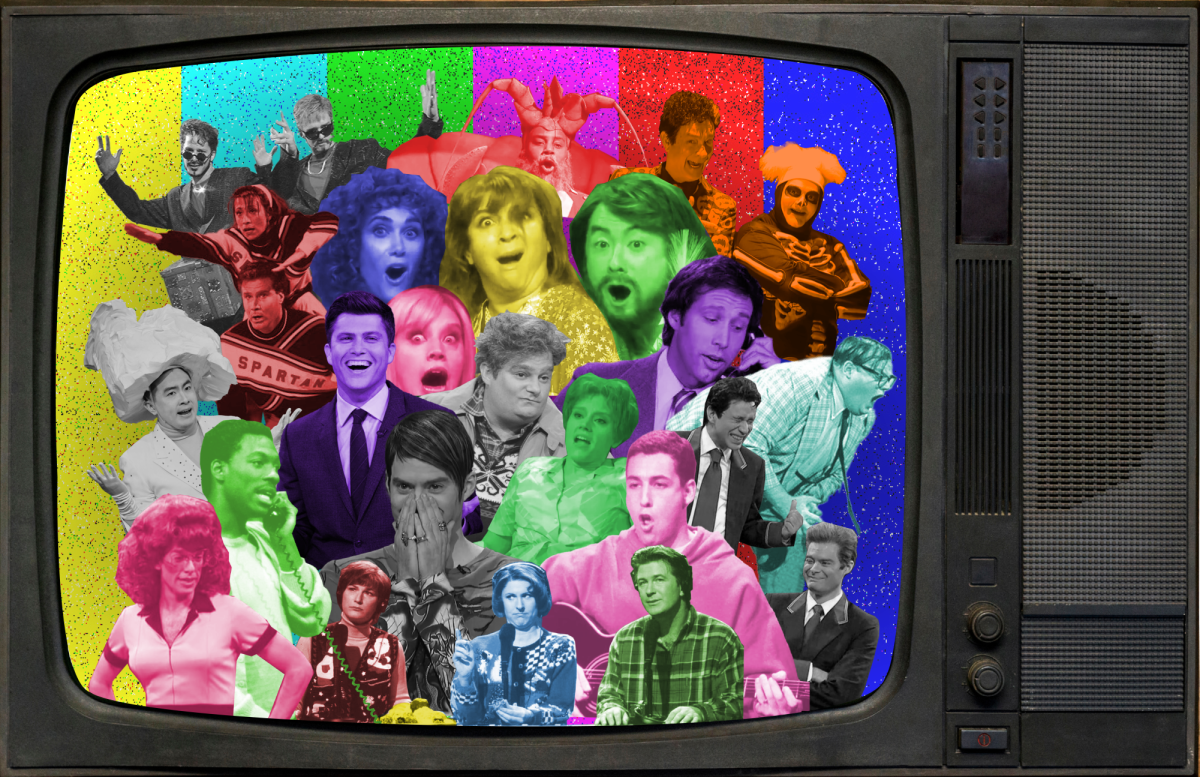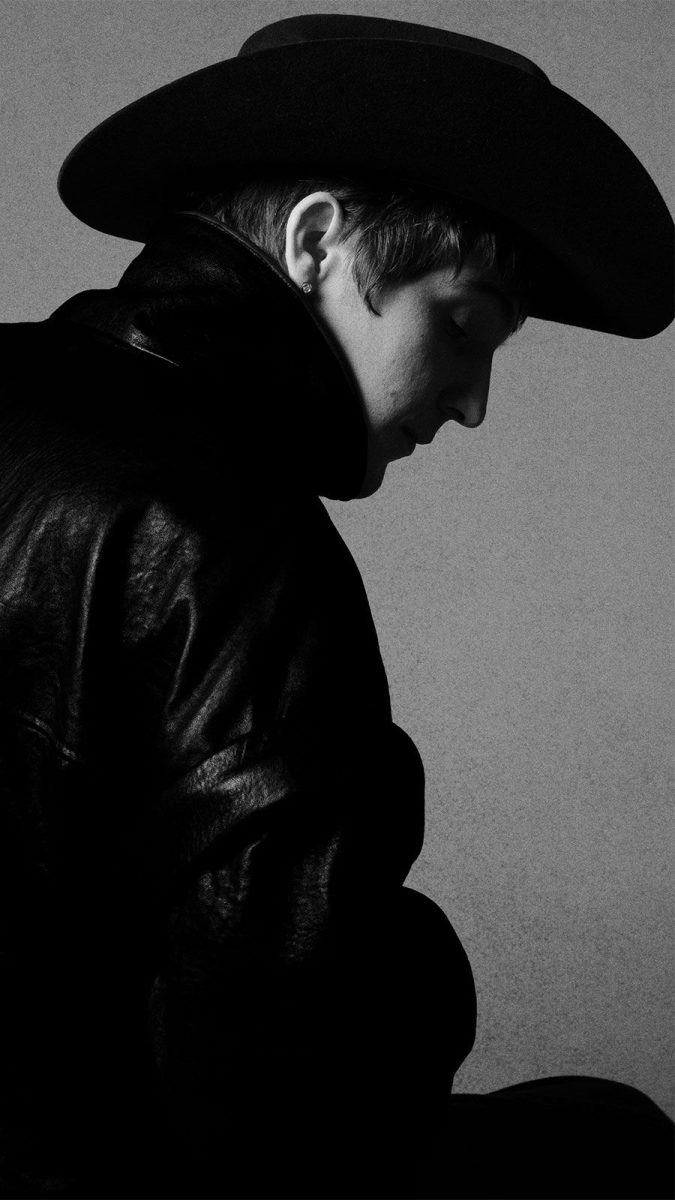By Haley Verre
Contributing Writer
With the wide range of flashy and generic superhero television and film series available to audiences, Jessica Jones stands out as the antidote to tired stereotypes. Even with the show’s supernatural elements, Jessica Jones offers a brutally honest view of living in the world as a woman.
At first glance, “Jessica Jones” is a wonder-woman-meets-film-noir show. Jessica is an alcoholic as well as a talented private investigator with super-strength. Yet, Jessica Jones’s ability to tackle serious societal issues is what makes the show stand out among the sea of cookie-cutter superhero shows.
The Netflix-Marvel series, inspired by the comic series, stays away from traditional gender roles and allows the female characters to take center stage. Jessica is just as tough as she is complicated and vulnerable.
Jessica is not simply present to be sexually appealing to audiences, unlike the glorified sex objects that are the women “heroes” of many superhero series. Jessica Jones isn’t about the big hair and ample breasts.
In fact, she doesn’t even have a real superhero costume. She wears the same leather jacket and jean outfit everyday and doesn’t apologize for anything unless absolutely necessary.
If it was not for Jessica’s commitment to honesty and justice, her sarcasm and bitter attitude could easily place her as one of television’s greatest antiheroes among the likes of Don Draper and Tony Soprano.
That being said, Jessica is morally compromised enough to give into her vices and get into the occasional bar fight. Jessica openly enjoys booze, sex, and kicking ass just as much as her fellow male superheroes.
Jessica Jones also delivers haunting messages about the dangers of being female and real struggles faced by abuse and rape survivors.
Jessica Jones is revolutionary in that Jessica’s rapist Kilgrave is treated like an actual villain.
But as dangerous and evil as Kilgrave may be, there is no escaping the ounce of sympathy that the show wants viewers to feel for him.
In a way, this seems to be a brilliant and intentional part of the viewing experience. Just like how Kilgrave attacks his victims, he gets into the audience’s heads and manipulates their emotions. One thing that the writers should be wary of is allowing Kilgrave to be so charming and understandable that the viewers can see past his horrendous crimes.
The strongest relationships, as well as the majority of the important roles, are occupied by women. As problematic as Jessica is, she has a healthy friendship with her adopted sister Trish Walker.
The inclusion of a romantic relationship between two women in the show is arguably one of the most important. The show treats the couple as if they were any other couple, which is a refreshing take on representing LGBQT characters.
Until the very end, viewers will find themselves cheering on Jessica all while secretly wanting to be her.


















